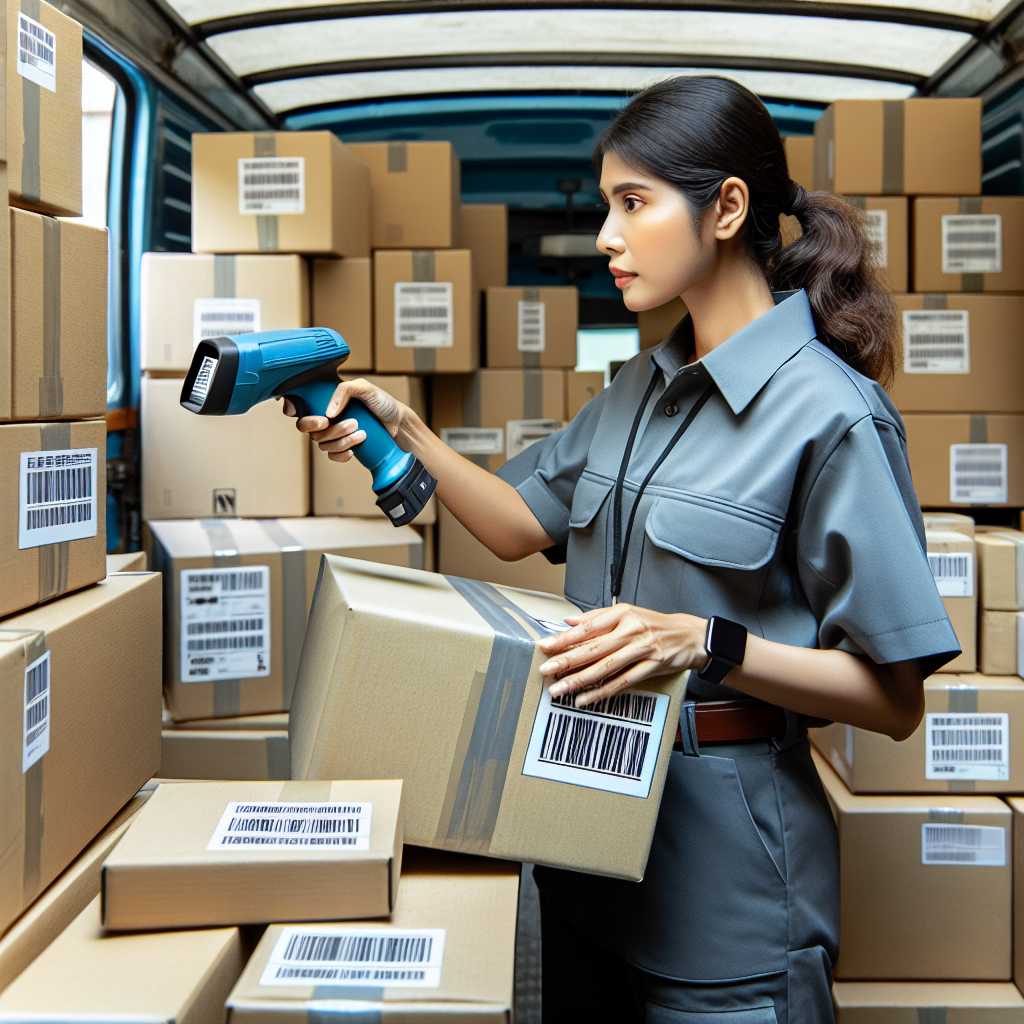The Evolution and Impact of Parcel Services on Global Commerce
In an interconnected world where the movement of goods underpins the very fabric of global commerce, parcel services have become an indispensable component of modern life. From individual online shoppers to multinational corporations, the rapid transportation of packages has led to economic integration, allowed for just-in-time manufacturing, and created consumer revolutions. This comprehensive look at parcel delivery services details their development, operational intricacies, and future potential in a consistently evolving landscape.
A Brief History of Parcel Services
The concept of parcel delivery has existed for centuries, with ancient messengers carrying sealed communications and goods between regions. However, the birth of organized parcel services can be traced back to national postal systems establishing parcel post services. In the late 19th century, private courier firms emerged, irreversibly changing the speed and efficiency of package delivery.
Technical Advances in Parcel Delivery
From horse-drawn carriages to airplanes and the latest in tracking technology, parcel delivery has continuously leveraged technological advancements. The widespread use of barcodes and RFID tags has greatly enhanced the ability to track and manage parcels. Implementation of automation in sorting processes, and use of drones and robotics for last-mile delivery, represent the cutting edge of the industry.
The Ever-Growing E-Commerce Factor
The ascent of e-commerce platforms like Amazon and Alibaba has caused an exponential increase in the number of parcels shipped daily. Online shopping has led to customer expectations for faster delivery times, traceable packages, and a seamless returns process. Parcel services have evolved through the development of enhanced logistic models, improved software for processing orders, and creating efficient distribution networks.
Globalization and Cross-Border Parcel Services
With globalization, parcel services expanded beyond national borders becoming intricate international operations. Cross-border logistics necessitated investment in infrastructure, knowledge of international regulations, sophisticated tracking systems, and partnerships between different national postal systems and private companies. This network allows businesses to access global markets while providing consumers access to international goods.
Sustainability Challenges and Innovations in Parcel Services
Environmental concern is putting pressure on the parcel industry to find cleaner, more sustainable ways to operate. Electrification of delivery vehicles, optimization of route planning to reduce emissions, reusable packaging initiatives, and carbon offset policies are at various stages of implementation across leading companies.
The Social Impact of Parcel Services
Beyond economic considerations, parcel services impact communities and socio-economic conditions. The convenience they offer can transform rural economies and urban landscapes alike but also raise challenges such as congestion issues and labor disputes in gig economy jobs linked to parcel delivery such as that of delivery drivers.
Future Trends in Parcel Delivery
The future looks innovative for this sector with exploration into autonomous vehicles and hyperloop systems for package transport. Understanding candidate quantum leaps in technology could result in storage and distribution efficiencies previously unimagined.
Notes
Image Description: A uniformed delivery person scans a barcode on a parcel before placing it into a branded delivery vehicle filled with other packages, visually demonstrating part of the logistical process involved in modern parcel services.
